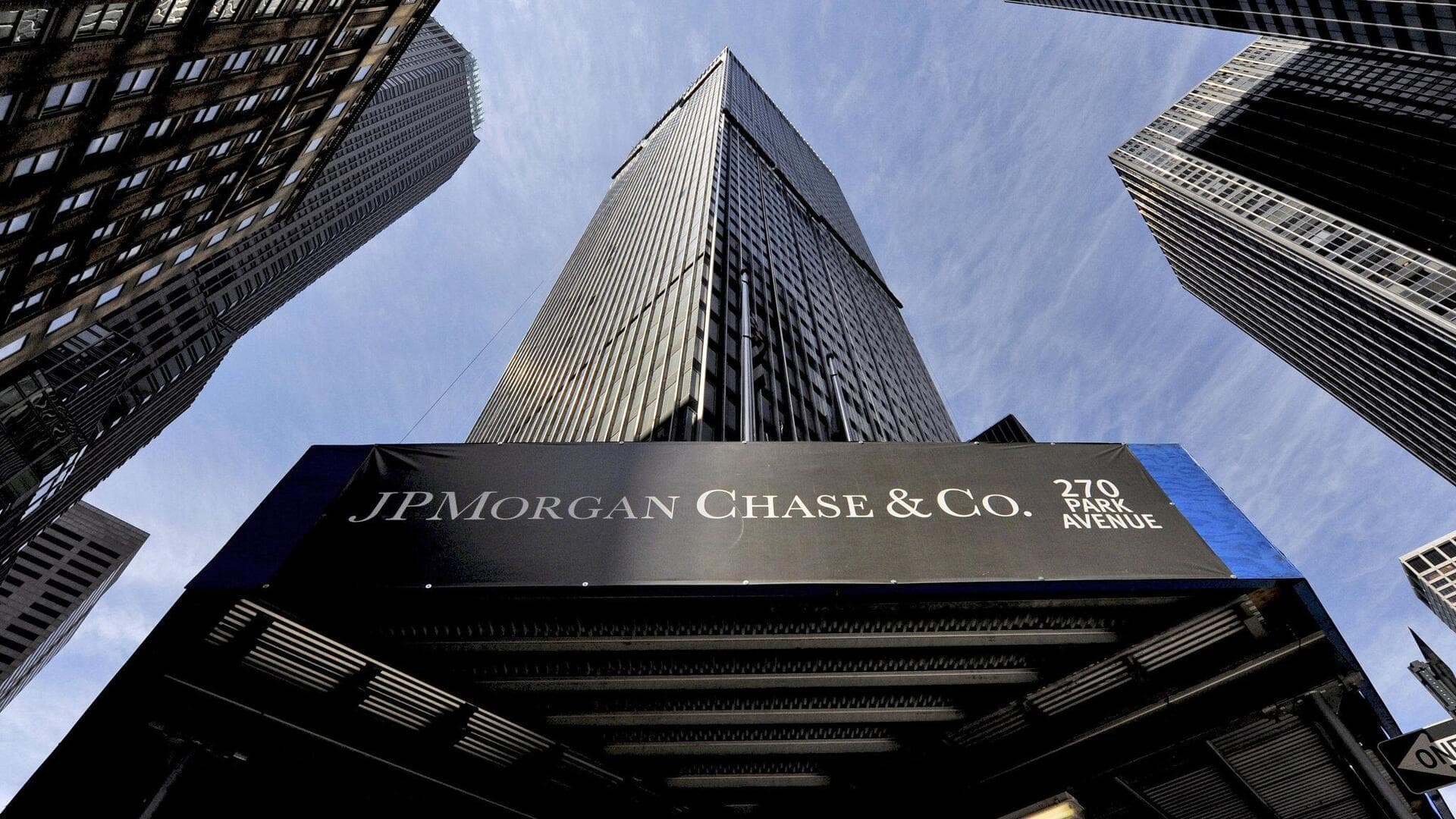
JPMorgan will charge fintech companies for accessing customer data
What's the story
JPMorgan Chase & Co, the largest bank in the US, has decided to impose fees on financial technology (fintech) companies for accessing their customers' bank account information. The move could disrupt the business models of many companies in the industry. According to Bloomberg, pricing sheets have been sent by JPMorgan to data aggregators that connect banks and fintechs with details about these new charges.
Variable charges
Charges based on data usage
The fees levied by JPMorgan will depend on how the fintech companies use the data. Payment-focused companies will have to pay higher charges. A spokesperson for JPMorgan said that the bank has invested a lot in building a valuable and secure platform that safeguards consumer information. "We've had productive conversations and are working with the entire ecosystem to ensure we're all making necessary investments in infrastructure that keeps our customers safe," they added.
Industry impact
Fintech firms rely on customer bank data
The new charges from JPMorgan could drastically change the way fintech firms operate. These companies rely heavily on access to their customers' bank accounts. Payment platforms such as Venmo, cryptocurrency wallets like Coinbase, and retail-trading brokerages such as Robinhood all use this data for transactions. Till now, these firms have been getting it for free through aggregators like Plaid and MX that connect them with banks.
Cost transfer
Impact on fintechs and consumers
The new fees from JPMorgan could be transferred from the aggregators to the fintechs and eventually, consumers. The aggregator firms have been in talks with JPMorgan about these charges. Shares of fintech firms and payment companies such as Block and Affirm Holdings fell on Friday after news of these charges broke, with PayPal dropping as much as 6.5%.
Regulatory impact
What's the open-banking measure?
JPMorgan's move comes as the future of a controversial data-sharing rule remains uncertain. The open-banking step, finalized by the Consumer Financial Protection Bureau (CFPB) in October, allows consumers to request, download and transfer their data. It also mandates banks to share that information with another lender or financial services provider for free. However, the banking industry has sued to block this measure over concerns it could lead to fraud and greater liability.